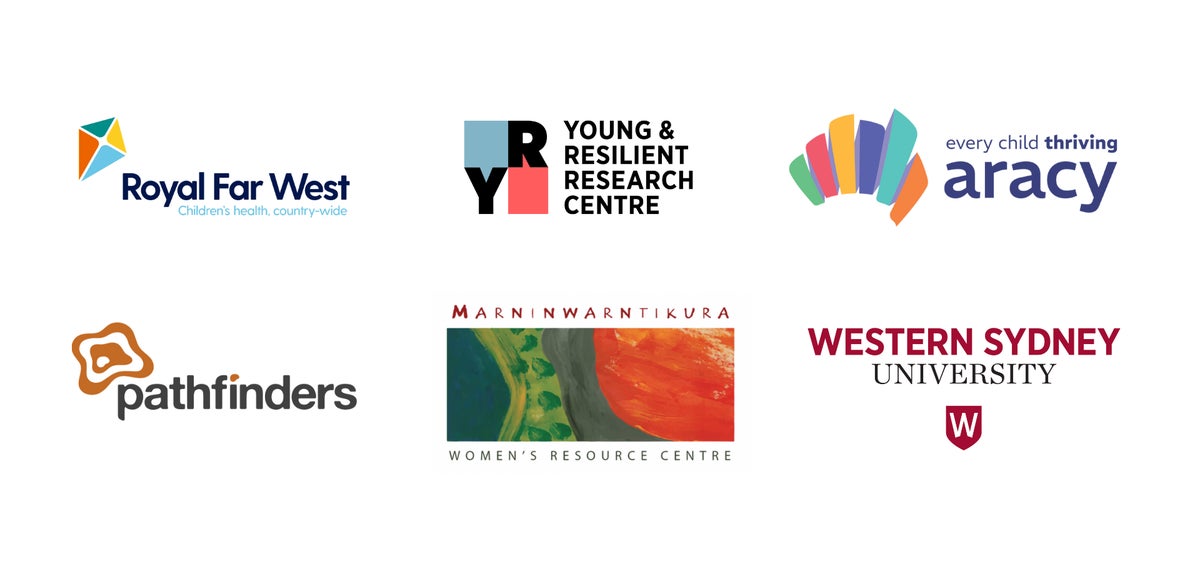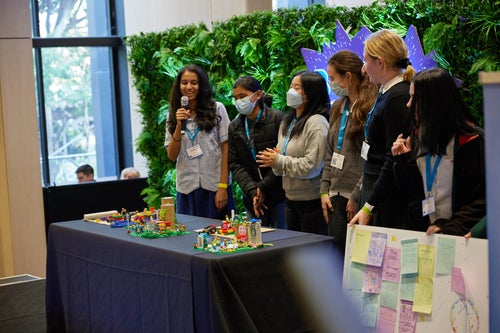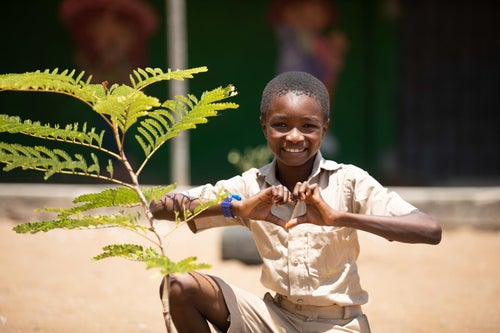We partner with others to create better outcomes for Aussie kids
We build and foster partnerships across the key issues where we work to have a greater impact on improving children's lives. Our partnerships help us deliver the necessary research and evidence to support our advocacy work, informing action to ensure children get the right support. With the help of partners, we hear from impacted children, families and communities, so whether it's a climate-related disaster or difficulties registering a child's birth, the experiences and views of Australian children and families are heard in making stronger policies for children.
Here are just some of the ways that we have worked alongside our partners.

Monique is opening up a world of possibilities with birth registration
Monique has been trying to get her eldest daughter's birth registered for nearly ten years. Without the children's father's ID or her birth certificate, Monique has found the process difficult and could not apply for one.
"The whole ID thing was my biggest thing because I don't have my own birth certificate. To get a birth certificate, you need a birth certificate, which is a bit complicated."
As a result, Monique's daughter has been unable to attend certain schools and participate in sports programs, which require a birth certificate. "She's been wanting to play sports for years, and with no birth certificate, they don't want to accept her. They're legally not allowed to because that's the rules." Monique calls for a more accessible birth registration process, "the best thing to do would just be trying to make it as simple as possible".
UNICEF Australia is working in partnership with Pathfinders - who run the National Aboriginal Birth Certificate Program - to make birth certificates more accessible for children and families. In partnership we are listening and consulting with communities to understand and eliminate the barriers they face when trying to register a birth and access a birth certificate.
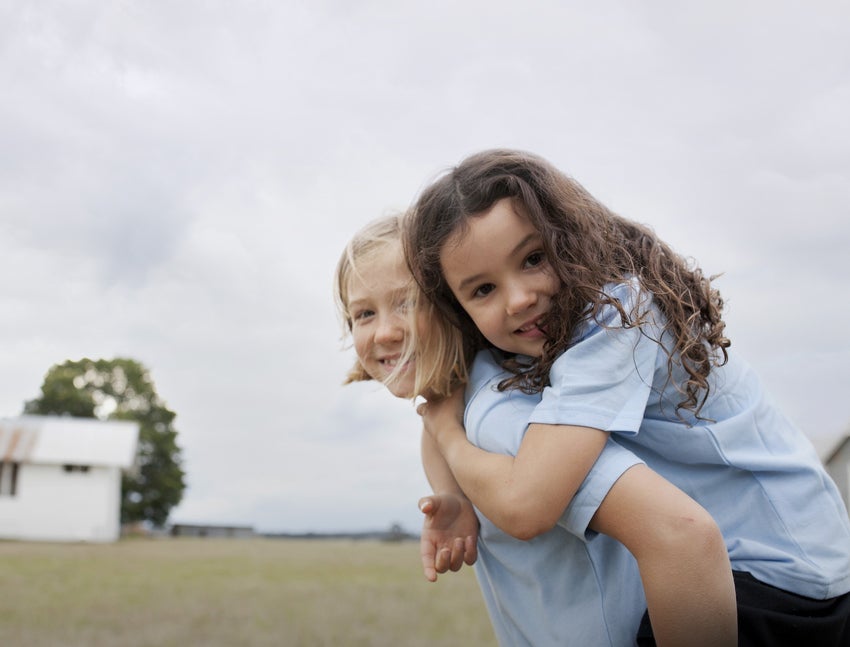
Measuring the wellbeing of Australia's children
For many children, Australia is one of the best places in the world to grow up. However, this is not the case for every child. Our evidence tells a different story - one of stagnant poverty rates, complex health conditions, and mental health struggles.
In response, UNICEF Australia and our partner, the Australian Research Alliance for Children and Youth (ARACY), created the Australian Children's Wellbeing Index, a national dataset that tracks the holistic wellbeing of children. It tells us what we need to do now and into the future to help governments set policy priorities and guide action to ensure Australia is an equitable place to grow up.
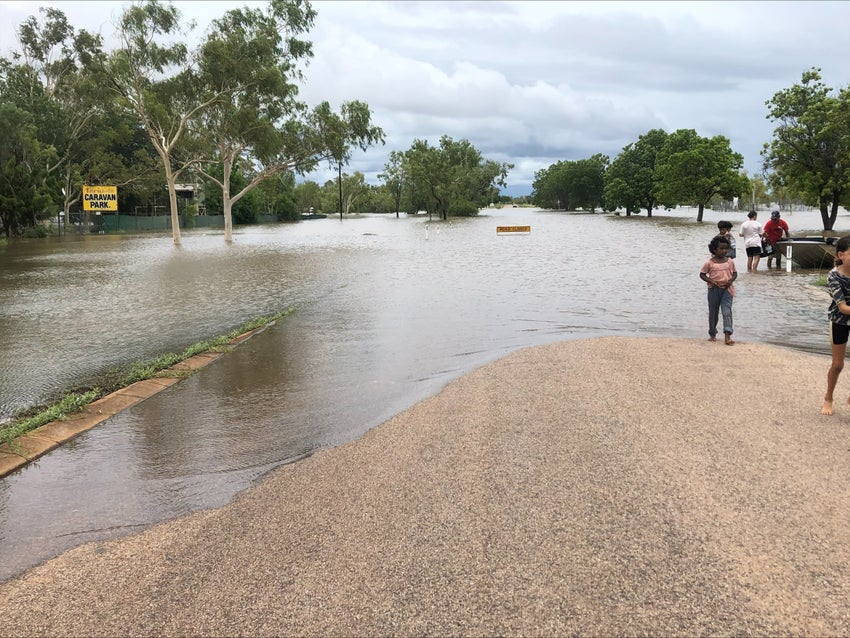
Putting children at the centre of response after a disaster
In January 2023, the remote town of Fitzroy Crossing and its surrounds in Western Australia experienced severe flooding, devastating the local communities.
UNICEF Australia and our partner Royal Far West were invited by the local Aboriginal Community-Controlled Organisation Marninwarntikura Women’s Resource Centre to undertake a post-flood Needs Assessment to understand the impacts of the flooding on children and families. Along with the Needs Assessment, we also developed recommendations for policy and funding change to make clear the critical need to place children and their families at the centre of disaster preparedness, response and recovery and continue to encourage governments to make positive changes.
We've been partnering with
